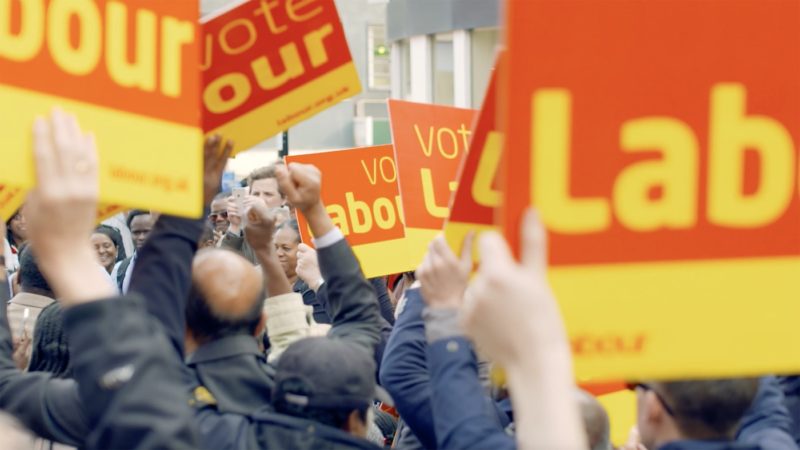
The results of the 2020 leadership elections confirm that Labour is a soft-left party. In recent years, this has been widely overlooked and the party has been depicted in binary terms – as one split between mutually hostile Corbynite and Blairite factions. This myth flourished in part because, unlike the rival right and hard-left groups, the soft left has lacked an organised expression.
The state of play
The impression of internal elections since 2015 has been to see the party polarised between two rival blocs, the right and the Corbynite left, with the latter dominant. In truth, the 2015 to 2019 era was atypical in that a quiescent though numerically significant soft-left membership lent its support to the Labour hard left.
The elections of Keir Starmer and Angela Rayner, both associated with the soft left, show that the culture of soft leftism among the members remained powerful. And this broadly tripartite division between three loose but distinct tendencies constitute the main cleavage lines in party politics.
The statistics of the Labour electorate for the 2020 leadership contest show that of 784,151 people eligible to participate, 490,731 voted – 62.6%. 114,000 new members had joined since December 2019, plus 13,626 in the registered supporters section who paid £25 for the privilege of voting. Starmer won 56% of full member and 78.6% of registered supporter votes.
The rise and fall of the factions
There was no Labour right candidate in this leadership election. The 4.5% of the vote gained by Liz Kendall in 2015 shows that this is not a tendency that can succeed in leadership elections, as Birmingham MP Jess Phillips realised when she pulled out of the contest. New Labour is not currently at the races.
However, in other internal party elections – the ones that mainly attract activists – the right did better. For the national executive committee constituency vacancies, the two candidates supported by Blairite Progress and old-right Labour First won, as did their candidate for BAME representative. But the margin by which Johanna Baxter beat Lauren Townsend was just 252 votes: 57,181 for Baxter, 56,929 for Townsend.
As a rough indicator of how the Labour left is shaping up, it is worth noting that Rebecca Long-Bailey achieved 27.6% of the leader vote and (under the electoral college system used for BAME rep) Navendu Mishra gained 27.45% of the BAME vote. Elections for the leader, the deputy and the NEC all point to a hard left in retreat with their organisations, such as Momentum and the Labour Representation Committee, losing their capacity to mobilise.
This indicates that the Corbynite left’s grip on the party was far weaker than many supposed. The hard left’s marginalisation is further demonstrated by its very sparse representation in the shadow cabinet. It has suffered a cull.
But what future for the soft left?
The paradox of Labour’s internal politics is that soft leftism, however defined, is the position of the majority of Labour members. But the soft left has failed to create an organisation to match Progress, Labour First, Momentum or the Campaign for Labour Party Democracy. Since the closure of the Labour Coordinating Committee in 1998, and the early years of Compass, there has been no soft left organisation of any significant strength in the Labour Party.
If the present diffuse soft-left ascendancy is to be consolidated, and Labour set firmly on the course of radical but pragmatic reform, it needs to find an organised expression in a body that can connect and coordinate sympathisers in the constituencies, in the parliamentary party and amongst trades unionists.
An organised soft left is vital to provide a channel between the new leadership and its supporters amongst the rank and file, to ventilate and disseminate soft-left ideas, to extend its representation on elected bodies and, not least, to prevent the party ever again lapsing into a mutually destructive combat between the hard left and the right.




More from LabourList
‘The hope that kills you’: Reflections from the final day in Gorton and Denton
MPs, union leaders and organisations react to ‘bruising’ Gorton and Denton result
A gory night for Labour